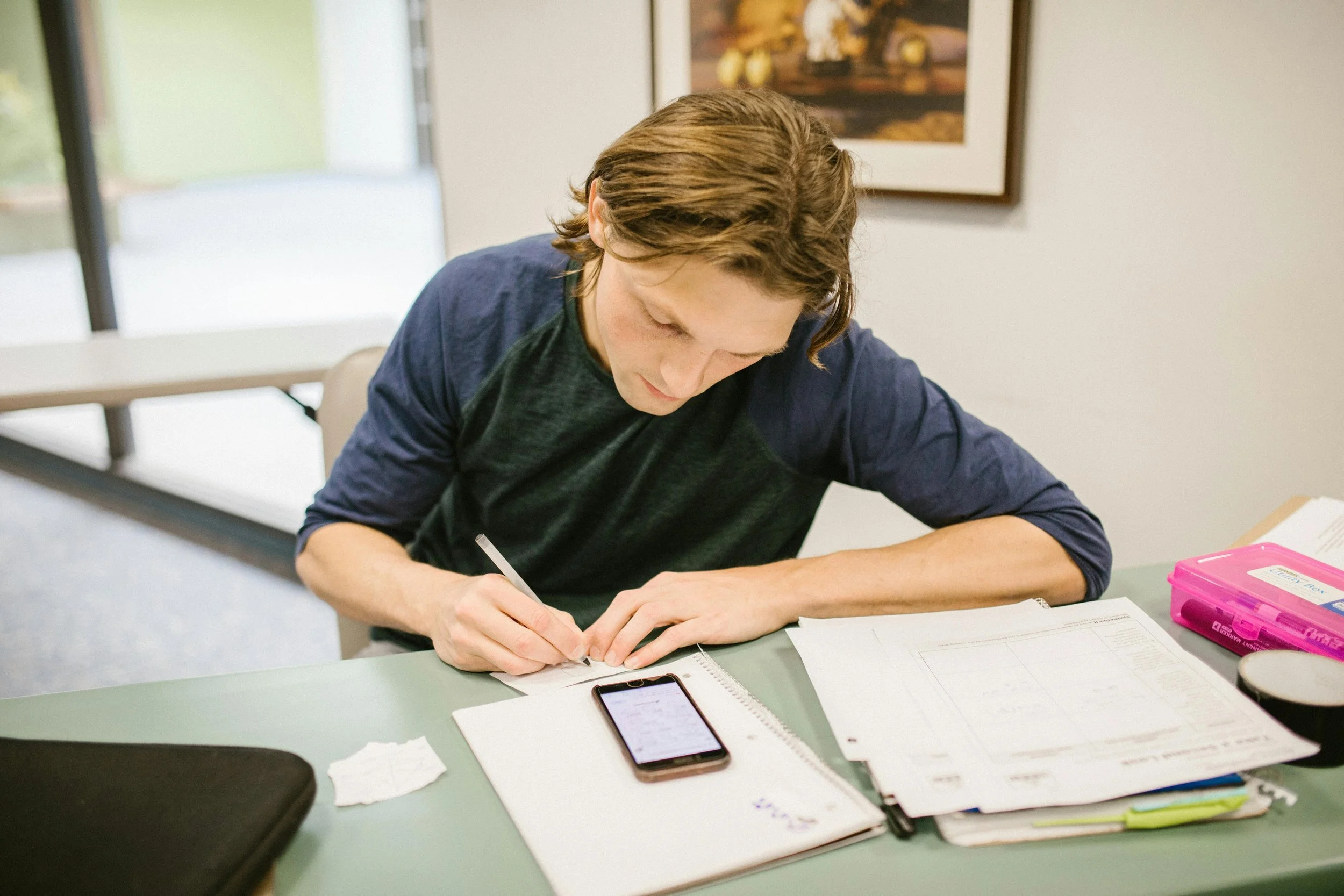Committee Implements New Rules About AI in the Classroom
How Will AI Fit Into The Classroom? Photo by RDNE Stock project from Pexels.
This semester, students have witnessed new guidelines around artificial intelligence usage in the classroom at Marist University.
Led by the AI Steering Committee, the faculty and staff involved with the new Marist + AI initiative created several guidelines surrounding the use of AI by students and employees, which professors have started to implement.
According to the Marist AI Operational Guide, AI can be allowed for “enhancing productivity, assisting in research, generating ideas, brainstorming and problem-solving,” on top of other examples focused on starting work.
There are notable guidelines to what AI cannot be used for, such as “generating or sharing misleading, false or unethical content, creating, storing or processing confidential information.”
Additionally, there are Guidelines for Artificial Intelligence in Teaching and Learning, which provide several syllabus statements surrounding AI usage in class. The development of these guidelines was not a sudden process.
“Last year, President [Kevin] Weinman established the AI Steering Committee and charged it with developing a vision for the university regarding this technology,” said Kevin Gaugler, assistant dean of the School of Liberal Arts and co-chair of the committee.
“With the hard work of those groups, we developed academic operational guidelines for the use of AI in the classroom and in the workplace,” Gaugler added. “Our main objective for this year is to further these efforts along with developing an AI roadmap for the university.”
Gaugler brought up some of the roadblocks in recent years surrounding AI.
“Students and faculty are concerned with cheating and rightly so. Of course, how AI shifts assignments will vary from discipline to discipline. Having said that, AI has made the traditional take-home research paper or essay difficult to assign since taking the shortcut to generate material with tools like ChatGPT is so tempting for students,” Gaugler said.
He has several thoughts about how to mitigate these potential issues.
“In the short term, this might mean completing more writing in class and assessments in class. …I see the recalibration of assignments might also include more creativity, ethical reasoning, metacognitive inquiry and interdisciplinary thinking,” Gaugler said. “Consider how the calculator shifted the education of mathematics so that showing your work to solve the problem became more important than the answer.”
Carolyn Matheus, co-chair of the Marist + AI Academics initiative and developer of the Applied Artificial Intelligence Minor, shared a similar sentiment.
“Our goal has been to balance innovation with responsibility,” Matheus said. “To that end, we have collaborated with faculty across disciplines, listened closely to students’ perspectives and contributed to shaping an institutional approach that encourages thoughtful exploration of AI while safeguarding academic integrity.”
Matheus went further, looking away from the students and to how it would affect the staff.
“For faculty, it can spark new approaches to lesson design, inspire interactive learning activities and provide fresh perspectives on course content,” Matheus said.
However, this doesn’t mean every aspect of AI is seen as beneficial.
“These benefits must be weighed against real challenges. Without careful guidance, students may be tempted to lean too heavily on AI, risking the loss of critical thinking and creativity,” Matheus said. “Concerns about bias and accuracy are equally pressing.”
These critical thoughts of artificial intelligence are shared by other faculty members.
“I never ask students to engage with or use generative AI products; I prefer they do not use them for my classes,” says Cara Messina, assistant professor of English.
“First, not every student wants to use these products. Second, I'd prefer students develop the skills and expertise they need to assess output first before trusting the (sometimes inaccurate, sometimes harmful) output,” Messina continued. “I encourage students to ask questions about and be skeptical of the everyday technologies we engage with.”
How AI is implemented at Marist will be a conversation that everyone gets to be a part of over the next few years.
"Ultimately, the challenge is to strike a thoughtful balance, ensuring that when AI is used, it enhances rather than replaces the learning process,” Matheus said.
While implementing AI is important, it’s also necessary to take all perspectives into account during this process.
Messina said, “I hope all policies respect informed consent, which means giving community members, especially students, the ability to say ‘no.’”
